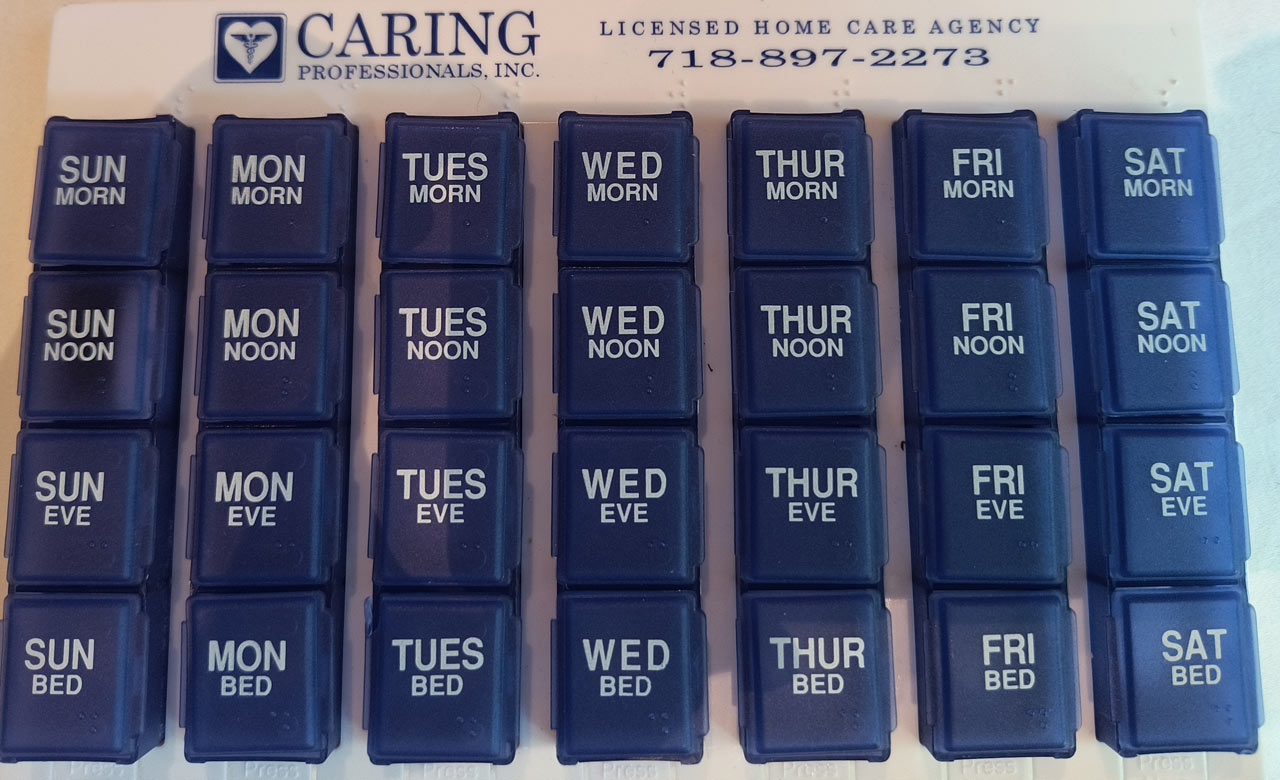Safety Tips for Living with Dementia
Create a safe environment for people living at home with dementia.
Hearing a diagnosis like Alzheimer’s, or other types of dementia, can feel disheartening. Many people jump to the conclusion that people diagnosed with dementia can no longer function alone. While new situations should be considered, and changes made, there are many things that can be done to support someone who wishes to live at home with dementia.
Things to consider at home
Keeping a home environment safe for those living with dementia can help give peace of mind to everyone involved. Every situation is different, so discussions should be had with everyone involved in care, including medical professionals and caregivers. Here are some first steps to creating a safer environment:
- Items to remove. Dementia can affect balance and visual perception, so taking a walk around the home with that in mind can help raise potential problems with a home. Make sure rugs, stairways and appliances can be navigated safely, or that the home is reconfigured to remove or avoid these.
- Safety features to add. Routine tasks or personal care may need to be adjusted too. For example, a bathroom may need safety equipment installed, or locks may need to be added to prevent unsafe access to medicines or cleaning substances.
- Upgrade or replace. It’s great for those with dementia to still have hobbies they enjoy, but extra safety should still be considered. Maybe tools need to be replaced in a workshop if power tools pose a problem, or kitchen appliances upgraded to create an easier or safer cooking experience. Even replacing light bulbs with brighter options can help reduce confusion and create a safer environment.
- Contact information. It is important to keep everyone informed, and able to contact help if needed. This includes displaying easy-to-find lists of people that can be called: medical professionals, family or friends, and emergency numbers like 911. It is also important for individuals living with dementia to have identification and contact numbers with them when they are away from the house.
Dealing with difficult behavior
Aggression and anger are common symptoms of dementia. This can be one of the hardest things to deal with, both from the aggressor and the caregiver on the receiving end. Here are a few ways to help prevent, and respond to, behavior changes:
- Do not take it personally. Remember that your loved one does not mean to hurt you. Their brain is giving them messages that make it hard to think as they normally do. Separating the action from the person, and not taking their anger personally, can help immensely in responding calmly.
- Look for possible discomforts. Anger can be a response to another health concern causing physical pain, or a response upsetting noises in their environment like loud noises or chaos. Work to mitigate these situations when everyone is calm to help prevent stressful responses.
- Change it up. If the environment is causing anxiety, try moving to a new space, or changing the space you are in. Sometimes a simple thing like cleaning the room or diverting attention to a calmer activity can be all that’s needed.
- Remain calm. Think about what might be the root cause of anger, respond with soft tones or activities can help soothe someone with dementia. Taking a break can be helpful for all people involved.






